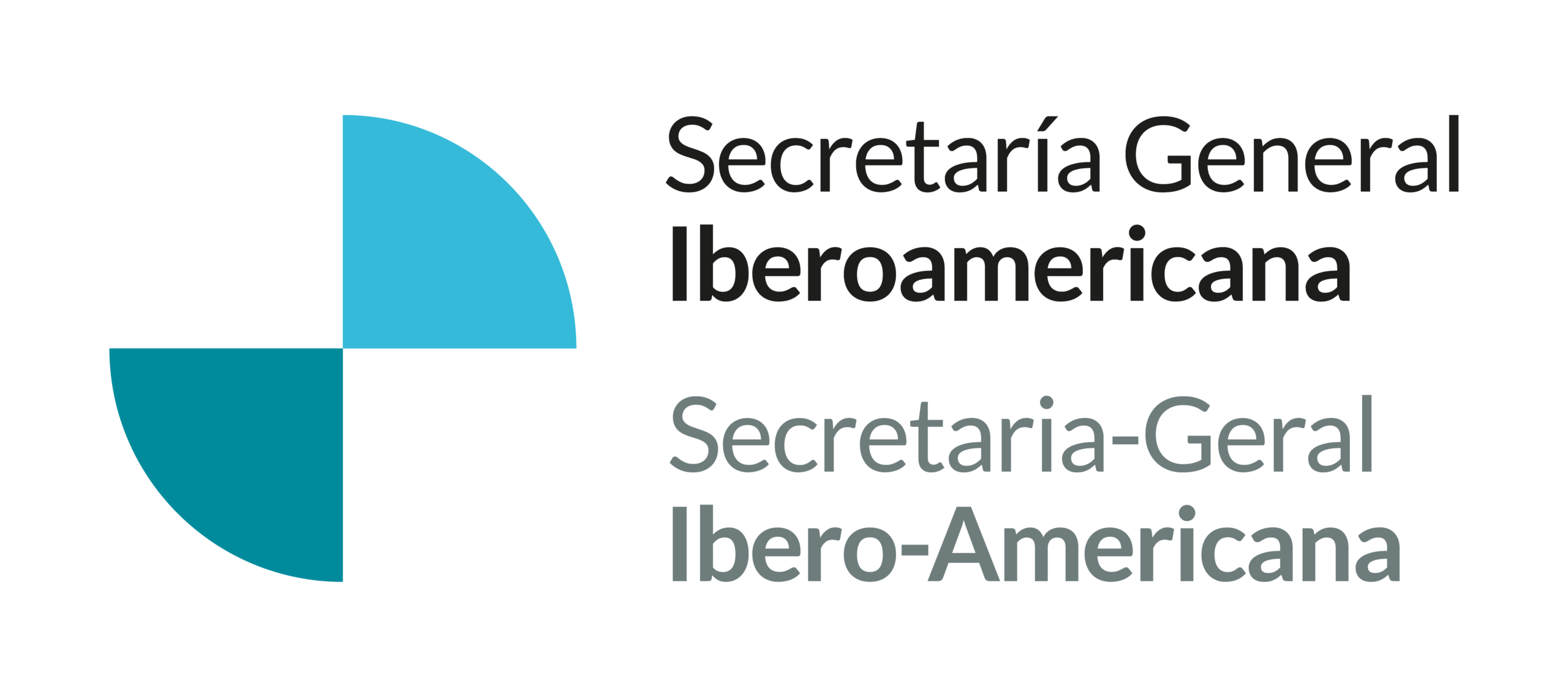Columna originalmente escrita para el periódico Financial Times, 05/03/2021
El consejo editorial mostró su acierto dando su respaldo a una nueva emisión de derechos especiales de giro (“Los países más pobres necesitan mayor asistencia mundial”, FT View, 2 de marzo). Sin embargo, el texto no dejaba claro quiénes deberían ser los potenciales beneficiarios de tal medida.
Los DEG, el equivalente del FMI a las reservas de los bancos centrales, representan una ayuda decisiva para el mundo en desarrollo para la eliminación de algunas de las brechas financieras a las que se enfrenta, especialmente en relación con los paquetes de recuperación post-Covid. Esto es importante ya que, al contrario de lo que sucedió con la crisis financiera, las regiones emergentes se han llevado la peor parte de los daños socioeconómicos causados por la presente pandemia.
Con todo, estas “brechas” no se limitan solo a los países más pobres. Cada vez más afectan también a las denominadas economías de ingresos medios, donde viven cerca de dos tercios de las personas pobres del mundo.
América Latina, mi región natal, donde solo una pequeña minoría de países se encuadran dentro de la categoría de países pobres de ingresos bajos, sufrió el año pasado la peor recesión a nivel mundial y tiene algunas de las peores perspectivas regionales a medio plazo.
Estas regiones, que también incluyen a India, Asia, Oriente Medio y África del Norte, son consideradas demasiado ricas para recibir ayuda internacional, a pesar de ser demasiado pobres para salir de esta crisis por sus propios medios.
Tal y como acertadamente destaca su editorial, en el caso de producirse una nueva emisión de DEG, la mayoría irían destinados a economías desarrolladas que no los necesitan, lo que señala la necesidad de desarrollar mejores instrumentos de reasignación para los DEG no utilizados.
Es importante que dichos instrumentos también incluyan a los países de ingresos medios, ya que el otro único vehículo actualmente implantado (la estrategia del “Fondo Fiduciario para el Crecimiento y la Lucha contra la Pobreza” creada por el FMI) solo está dirigido a los países de ingresos bajos.
En crisis pasadas hemos sido testigos de ejemplos de increíble innovación multilateral. Esta no debería ser diferente. Los DEG pueden ser un componente integral de un nuevo y más justo ecosistema financiero para las regiones emergentes, ya sean de ingresos medios o bajos.
En este sentido, es importante dejar meridianamente claro que la pobreza no está solo circunscrita a los países más pobres, habiendo sido deseable que su editorial hubiera incluido dicha apreciación.
Rebeca Grynspan
Secretaria General Iberoamericana, miembro del Panel Independiente de Alto Nivel del G20 sobre la Financiación de Recursos Mundiales para la Preparación y Respuesta ante Pandemias, ex Secretaria General Adjunta de las Naciones Unidas y ex Vicepresidenta de Costa Rica.
